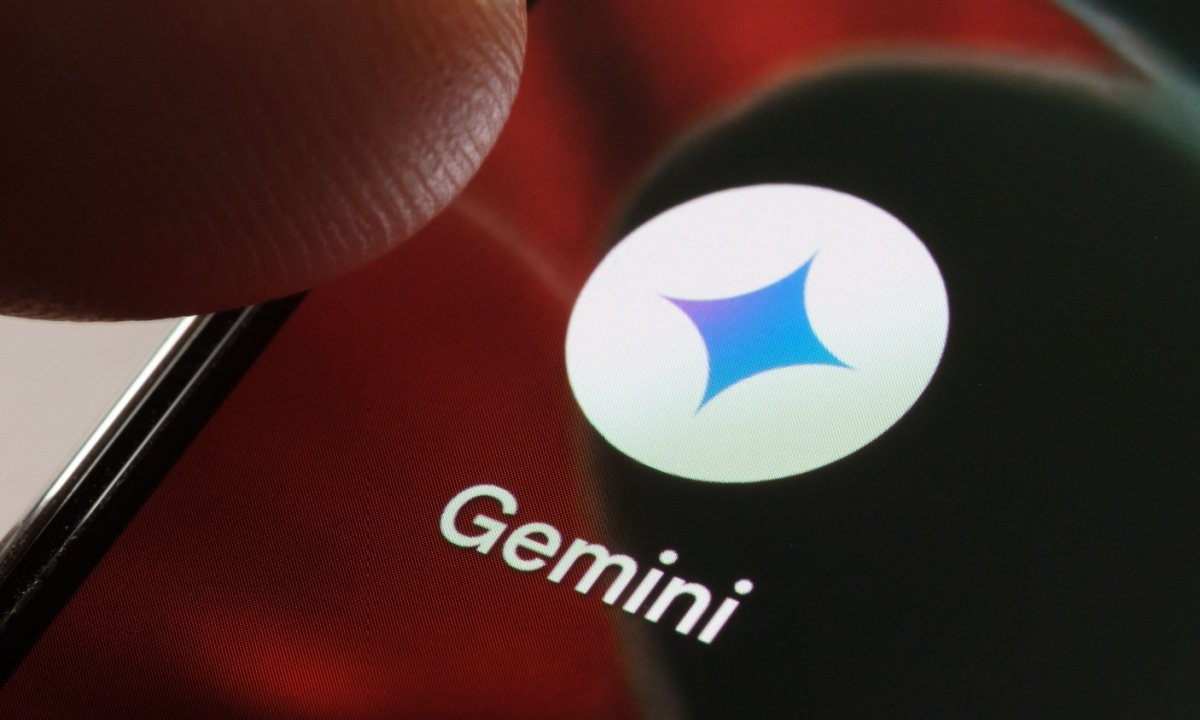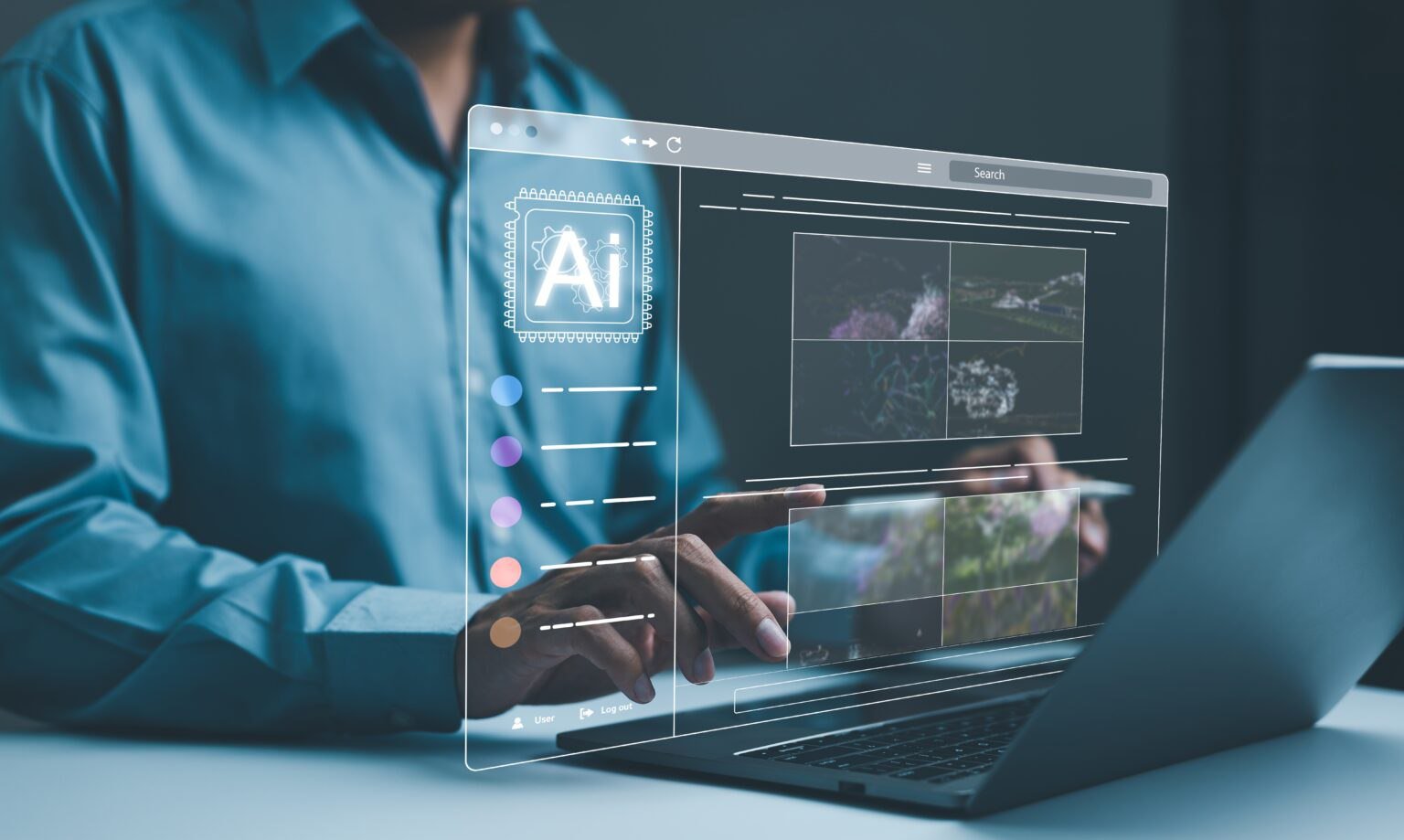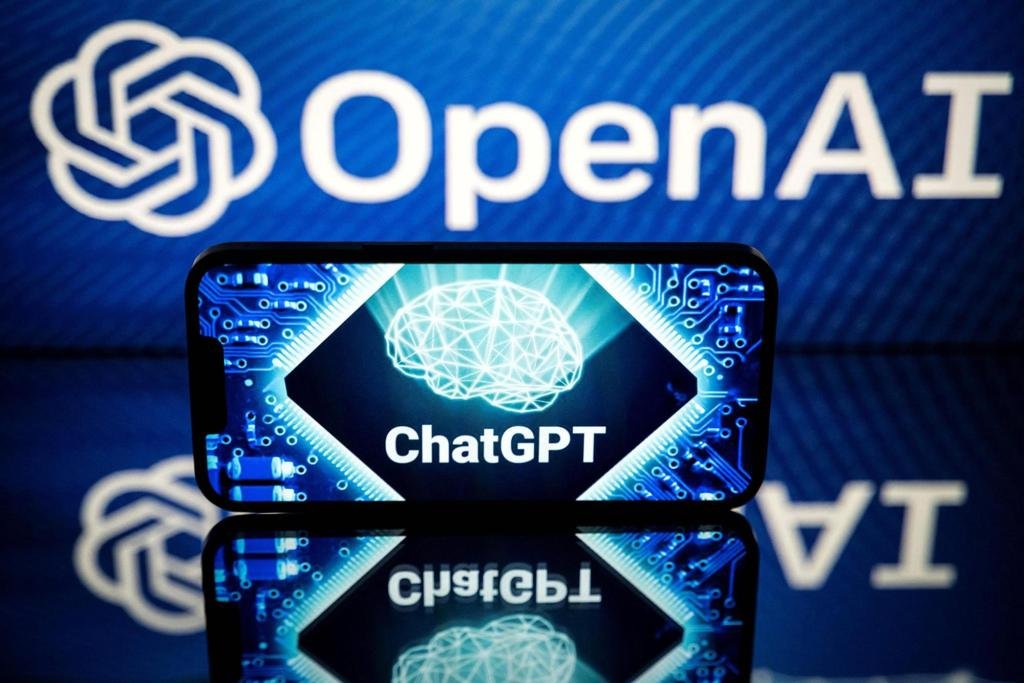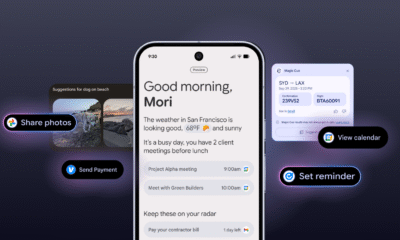AI Insights
Google Offers Gemini to Government Workers for 47 Cents

AI Insights
Artificial Intelligence Becomes Mandatory Discipline in All Kazakh Universities

ASTANA — Artificial intelligence has become a mandatory discipline across all universities in Kazakhstan. A total of 93 universities have already integrated AI into their academic programs, while 20 institutions have launched 25 new educational tracks, said Deputy Minister of Science and Higher Education Gulzat Kobenova.
Photo credit: gov.kz
According to her, this initiative will not only strengthen the education system but also bring Kazakhstan closer to leading countries in AI adoption, such as China, Finland and the United States, reported Khabar TV channel on Aug. 28.
Starting from the new academic year, the Aisana project will be included in university curricula, enabling every student to gain hands-on experience with AI technologies. So far, 390,000 students have completed a specialized AI course, with 3,000 of them earning official certificates.
Earlier this month, President Kassym-Jomart Tokayev called for urgent action to make AI a driver of national development.
One of the largest AI projects in Kazakhstan is the creation of the Alem.ai center, which is planned to host an educational center for school children and a startup campus. The center is expected to boost exports of AI solutions to $5 billion by 2029.
AI Insights
Brave new world of AI casts shadow over Labor Day – Sentinel and Enterprise

As artificial intelligence reshapes the workforce, we mark Labor Day Weekend in the AI age with both the traditional recognition of workers’ achievements and a new reflection on the future of labor.
AI’s creating a new economic dynamic that profoundly affects the workplace. On this particular holiday weekend, the impact of these changes should be a primary concern for workers and policymakers.
Leading into Labor Day, Massachusetts business and technology leaders hashed out strategies to strengthen the state’s competitive edge in artificial intelligence and tackle emerging skills gaps.
More than half of the individual skills considered core parts of the top 15 job types “could face moderate-to-high disruption from AI,” according to a report from the Massachusetts High Technology Council and the Boston Consulting Group, highlighted Wednesday during a virtual briefing.
The most immediate impacts could occur in structured jobs with repetitive routines, including office clerks and accountants, “where 40-50% of core skills are at risk of high-to-complete disruption as GenAI automates tasks like scheduling, recordkeeping, invoicing and compliance checks,” the report states.
The report also discusses how AI will redefine other traditional jobs, including health-care professionals who can use AI to flag clinical risks, educators who can use analytics to personalize instruction, and financial analysts using generative AI to detect fraud.
Ahead of the start of the school year, the Department of Elementary and Secondary Education last week released guidance on using AI responsibly in schools, including in ways that are safe and ethical.
Given this transformative shift, employers have begun recruiting workers for “bilingual roles,” which involves AI fluency in areas like AI models, AI-based automation and AI-assisted learning tools.
But the report shows Massachusetts has a “retention problem,” with only 40% of AI-trained graduates staying here, compared to 80% in New York and California, said Anna Senko, project leader at the Boston Consulting Group.
“We also know that peer states are really investing quite aggressively in AI infrastructure and workforce pipelines as well, which will increase that competition for talent,” Senko said. “So we’re at a crossroads here in Massachusetts, and it isn’t about adopting AI for AI’s sake, but really making sure that AI strengthens Massachusetts’ competitive advantage, especially in some of our top industries.”
The report recommends the commonwealth invest in the talent pipeline from K-12 classrooms to those in mid-career learning new skills; bolster shared AI infrastructure and strategic partnerships; compete for federal AI dollars; and deploy grants, tax incentives and other tools to businesses.
The 2024 economic development law allocated $100 million for the Massachusetts AI Hub. Since launching, the hub has trained teachers in using AI, taught high school students how to use Python programming language, awarded grants in sectors like health care and manufacturing, and organized workforce development programs, said Massachusetts AI Hub Director Sabrina Mansur.
In New York, Empire AI is supported by more than $500 million in public and private funding. Connecticut and New Jersey are also launching AI hubs with smaller investments, according to the report.
“We need to move at the speed of AI in business because we’re not competing sufficiently with peer states, even though we have, I think, the best mix of resources of any commonwealth or any state,” said Chris Anderson, Massachusetts High Technology Council’s president. “And therefore, we need to help push government partners to join us, to be responsive in the right areas at the right time where it makes sense.”
The report from MHTC and BCG indicates that AI will trigger a variety of job disruptions. While clerks and accountants may see the biggest impact, even cashiers, retail salespeople, registered nurses, waiters, fast-food workers, and janitors and cleaners will feel the impact.
“If you think about buildings becoming smarter, predictive maintenance schedules, space use tracking and even autonomous cleaning pods, it’s easy to see how the responsibilities and ways of working a janitor role would fundamentally shift,” BCG consultant Trula Rael said.
We’d urge the state’s brightest minds to also concentrate on AI’s generational impact on displacing countless highly educated college grads just entering the workforce.
According to a CBS MoneyWatch report, artificial intelligence is already replacing entry-level workers whose function can be performed by generative AI tools like ChatGPT.
Early-career employees in fields most exposed to AI have experienced a 13% drop in employment since 2022, compared to more experienced workers in the same fields and people in sectors relatively unaffected by the fast-emerging technology, according to a recent working paper from Stanford economists Erik Brynjolfsson, Bharat Chandar and Ruyu Chen.
The study adds to the growing body of research that confirms the spread of generative AI in the workplace has especially disrupted the job market for younger workers, the report’s authors said.
The research highlights two fields in particular where AI already appears to be supplanting a significant number of young workers: software engineering and customer service. From late 2022 to July 2025, entry-level employment in those areas declined by roughly 20%, according to the report, while employment for older workers in the same jobs grew.
As a society, we must confront this seismic workforce shift by threading the needle that accepts AI’s continually increasing role in our daily workplace lives while not leaving our next generation of skilled labor behind.
AI Insights
Cyberattack on Evertec’s Sinqia Hits HSBC, Others in Brazil

Hackers on Friday broke into Sinqia, a financial technology provider owned by Evertec, attempting to steal around 420 million reais ($77.4 million) from several Brazilian financial institutions including HSBC Holdings Plc’s local operations, O Globo reported.
Cyber criminals invaded Sinqia’s systems used by Brazilian financial institutions and attempted to make several transfers through a fast-growing electronic payments system known as Pix. Sinqia confirmed the attack but said there was no evidence of suspicious activity in any system besides Pix.
-
Tools & Platforms3 weeks ago
Building Trust in Military AI Starts with Opening the Black Box – War on the Rocks
-

 Ethics & Policy1 month ago
Ethics & Policy1 month agoSDAIA Supports Saudi Arabia’s Leadership in Shaping Global AI Ethics, Policy, and Research – وكالة الأنباء السعودية
-

 Events & Conferences3 months ago
Events & Conferences3 months agoJourney to 1000 models: Scaling Instagram’s recommendation system
-

 Business2 days ago
Business2 days agoThe Guardian view on Trump and the Fed: independence is no substitute for accountability | Editorial
-

 Jobs & Careers2 months ago
Jobs & Careers2 months agoMumbai-based Perplexity Alternative Has 60k+ Users Without Funding
-

 Funding & Business2 months ago
Funding & Business2 months agoKayak and Expedia race to build AI travel agents that turn social posts into itineraries
-

 Education2 months ago
Education2 months agoVEX Robotics launches AI-powered classroom robotics system
-

 Podcasts & Talks2 months ago
Podcasts & Talks2 months agoHappy 4th of July! 🎆 Made with Veo 3 in Gemini
-

 Podcasts & Talks2 months ago
Podcasts & Talks2 months agoOpenAI 🤝 @teamganassi
-

 Mergers & Acquisitions2 months ago
Mergers & Acquisitions2 months agoDonald Trump suggests US government review subsidies to Elon Musk’s companies



















